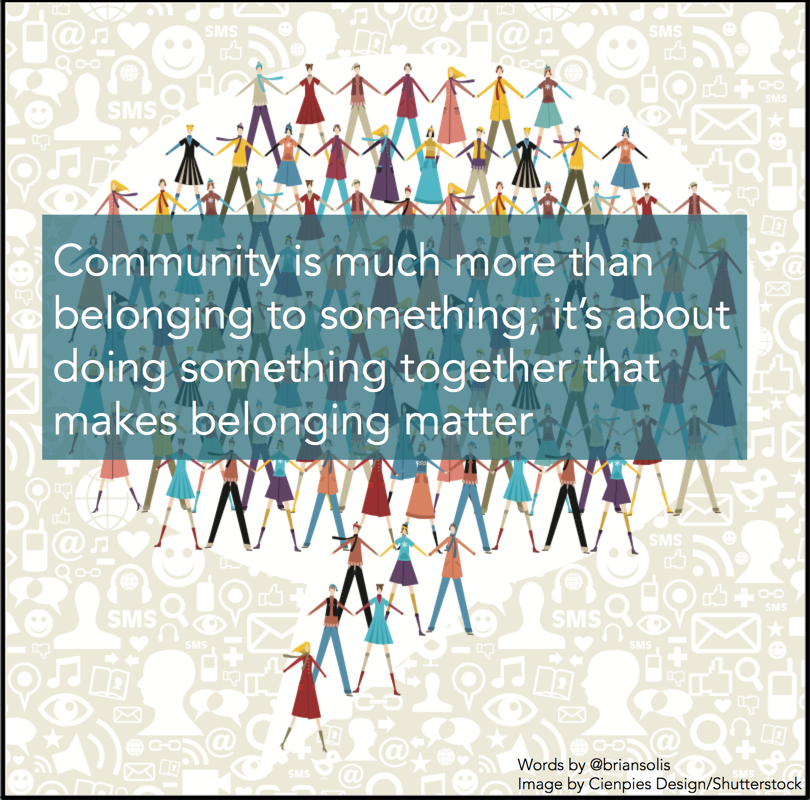The Process of Action Research
- Maria Lopez
- Aug 21, 2023
- 2 min read

“Research is seeing what everybody else has seen and thinking what nobody else has thought.”
- Albert Szent-Györgyi
Action Research (Mertler, 2017) is an extremely practical and accessible research approach. It is immediately applicable and therefore more engaging. It improves the educator conducting the research because the process forces educators to look at instructional practices with an open mind and a critical eye with the goal of improvement. While it does not fully align with more traditional research approaches, I believe it makes the most sense to use in the context of my innovation plan.
The 4 cyclical stages of Action Research include:
Planning
Acting
Developing
Reflecting
We must determine the problem during the planning stage, perform a literature review, and develop a research plan.
In the Action stage, we collect and analyze data.
During the Development stage, we present situations and findings (detailed reports of what we see and perceive). We also create an action plan that tells what we will do based on our judgments and suggestions.
The Reflection stage includes the problem encountered during the research process, the improvements required to be conducted in the research, and recommendations for future studies.
These stages incorporate 9 steps to conducting Action Research:
Identifying and limiting the topic
Gathering information
Reviewing the related literature
Developing a research plan
Implementing the plan and collecting data
Analyzing the data
Developing an action plan
Sharing and communicating the results
Reflecting on the process
Dr. Craig A. Mertler, the author of Action Research: Improving Schools and Empowering Educators, suggests that every educator at any level should perform action research to become a better practitioner. I believe most of us have been informally doing action research, monitoring, and adjusting our lesson plans to benefit our students.
I agreed when Dr. Mertler referred to action research as a way to customize our professional development. We conduct research in the area that is important to us and become observant-participant, which makes action research different from traditional research. Taking charge of our profession and looking for strategies and mechanisms that empower us to improve our practices should be the goal for every educator.
The four stages of action research described by Dr. Mertler (2019) are planning, acting, developing, and reflecting.
Of these stages, I find developing to be challenging for me. In the developing stage, the goal is to analyze and apply the information obtained from the data to a plan, which sounds simple but challenging.
My innovation plan was born to solve a problem I faced in my school, disengagement, and lack of motivation among 5th-grade students in their reading and writing class. I really want to measure the effectiveness of ePortfolios as an engaging learning tool for this class.
Reference
Mertler, C. A. (2019). Action research: Improving schools and empowering educators (6th ed.). Thousand Oaks, CA: SAGE Publications, Inc.




Comments